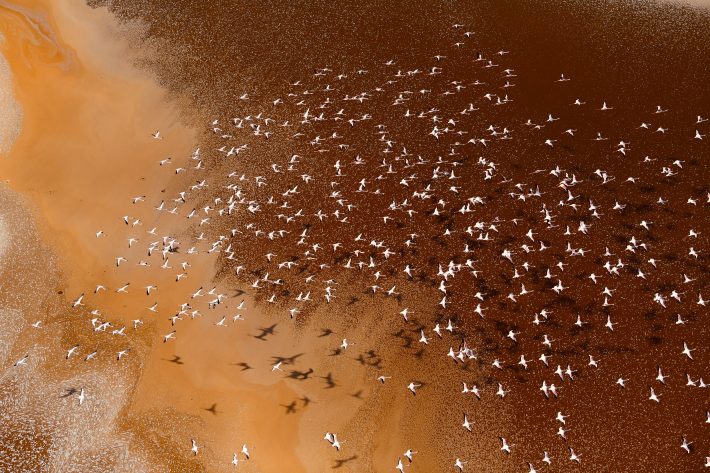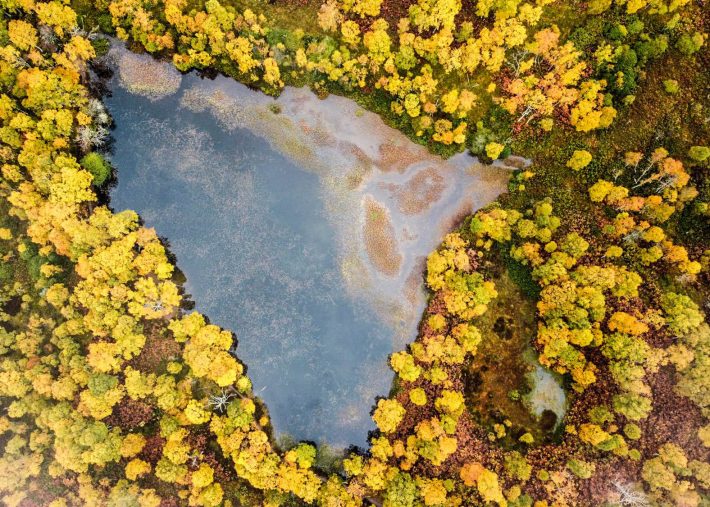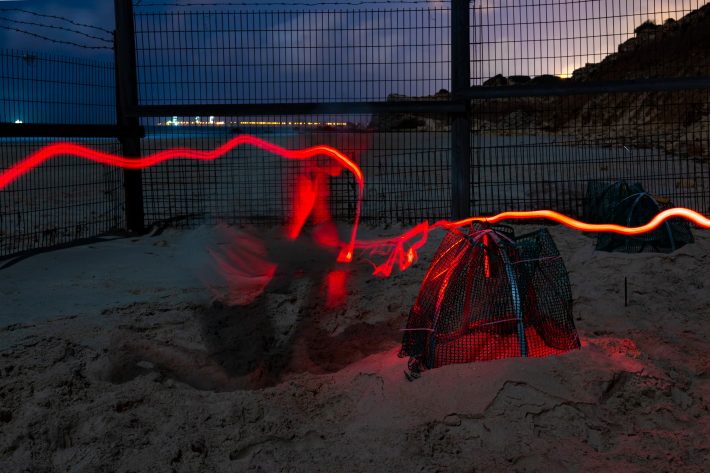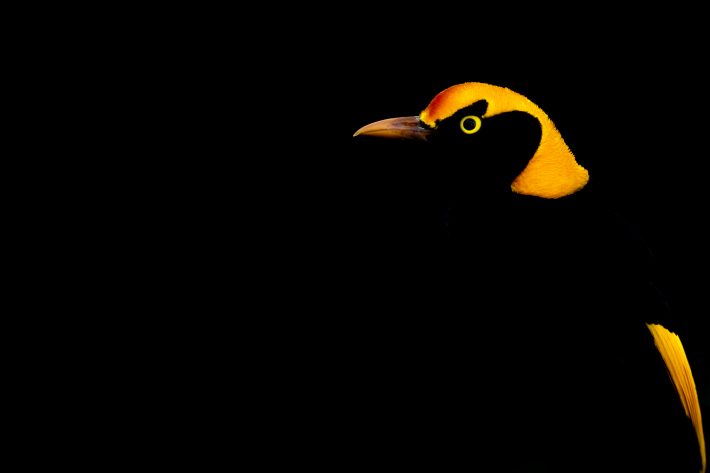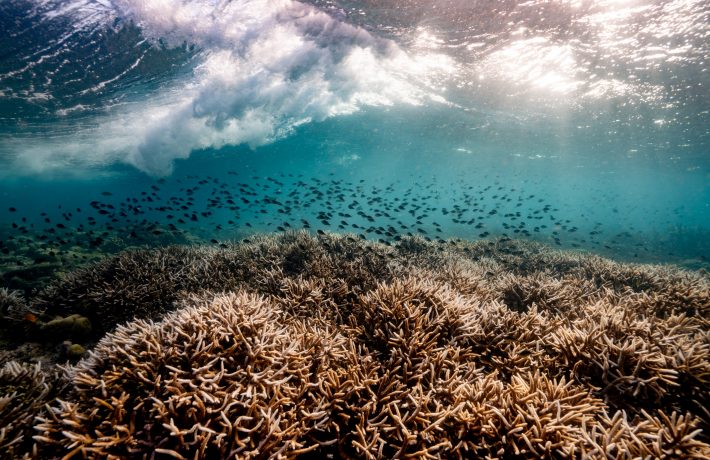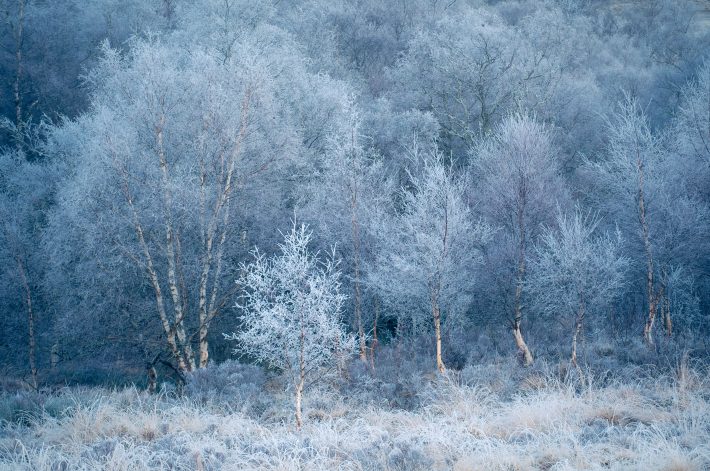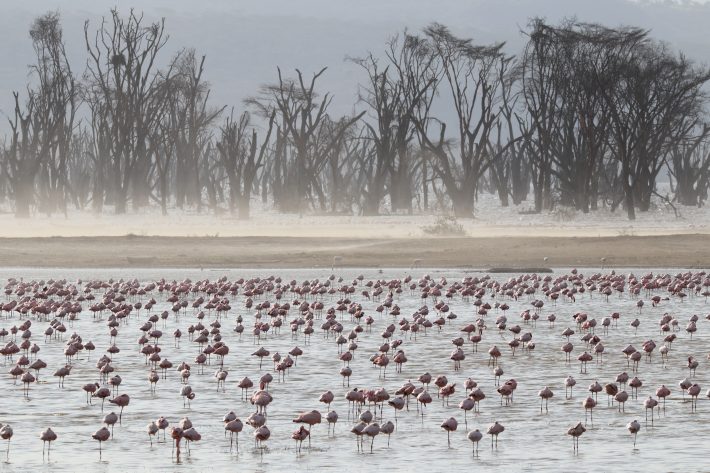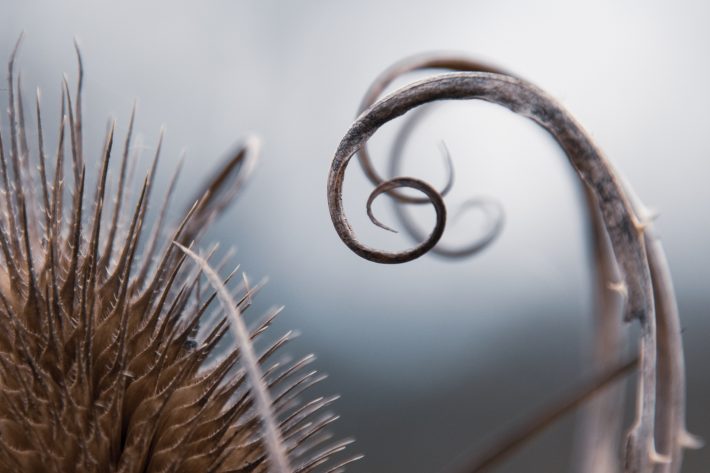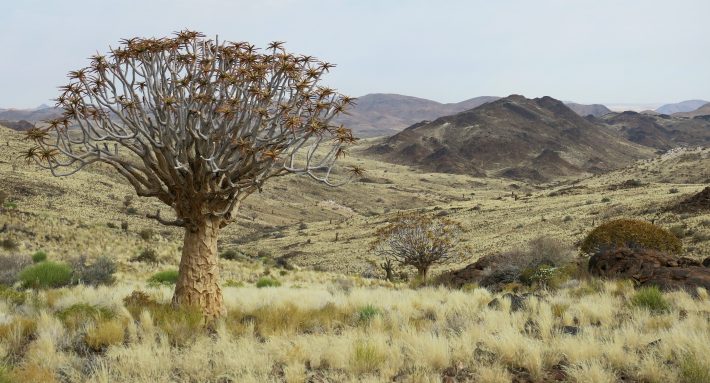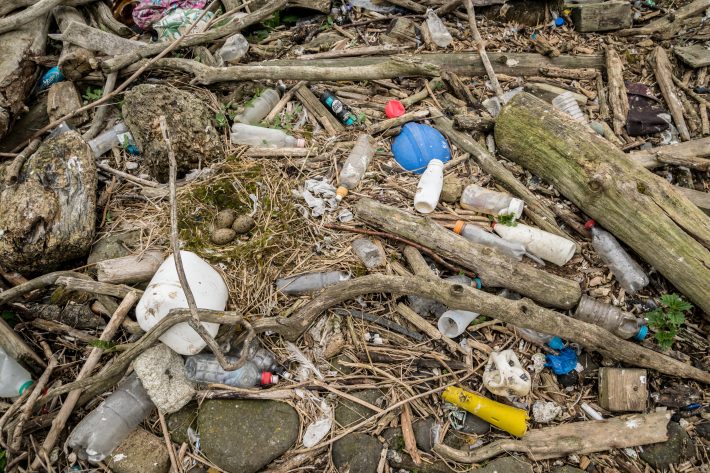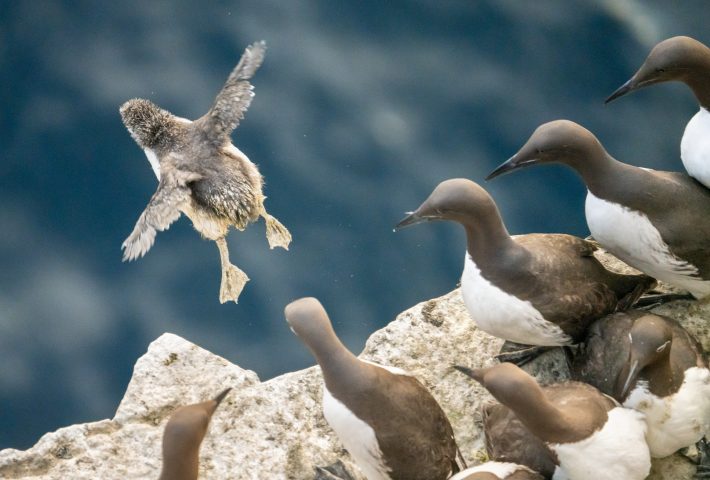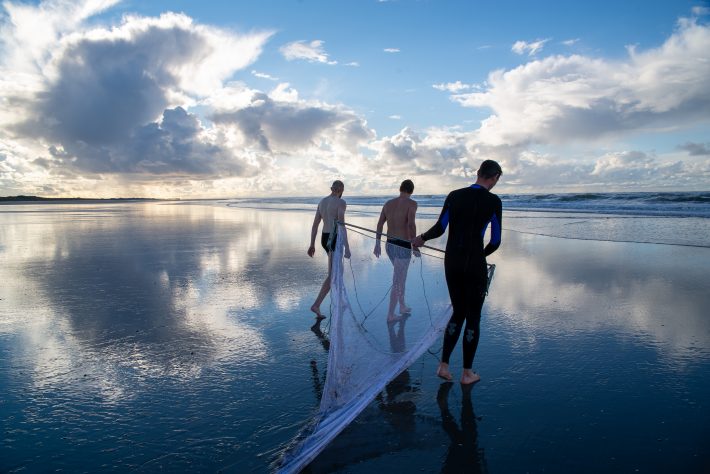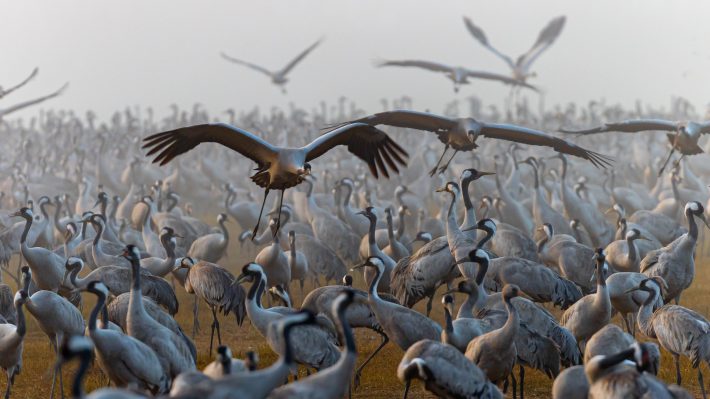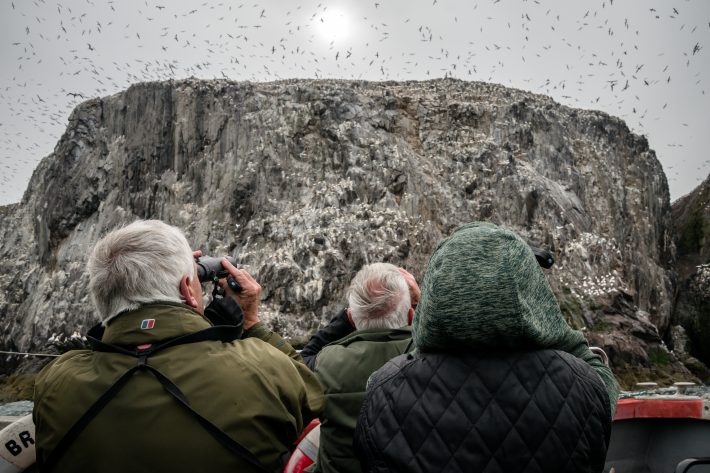Capturing Ecology
Bringing ecology to life through the click of a lens, our annual photography competition celebrates the complexity and brilliance of the natural world. For the first time, Capturing Ecology is open to every nature photographer with a story to tell.
Capturing Ecology is now open for entry!
Deadline for entries is 24th July 2024.
Find out more and submit your photographs using the form below.
Prizes
- Overall winner: £750 and 12 months BES membership
- Overall runner-up: £250 and 12 months BES membership
- Winning category entry: £100
- Winning student category entry: £100
Winning photos are judged by our panel of award-winning wildlife photographers and respected ecologists. Find out more about them.
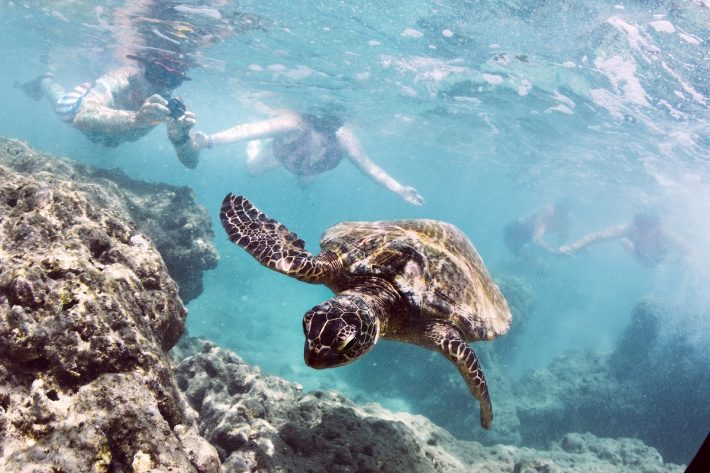
Categories
- Individuals and Populations (Animals)
A unique look at a species in its environment, either alone or as a population. There can be other species in the picture, but the emphasis should clearly be on one species - Individuals and Populations (Plants and Fungi)
Showcase the power of plants or the fascination of fungi. As with the animal category, we want to see stunning images with the focus on one species
This category is run in collaboration with Plantlife, plantlife.org.uk - Networks in Nature
Demonstrate the relationships within an ecosystem or community. There should be a clear emphasis on interactions between different species. - People and Nature
Images in this category should provide a unique take on the relationships between people and nature, both positive and negative. - Ecologists in Action
Show us *you* in action! We want to see what being an ecologist actually looks like, whether out in the field or in the lab. Share your story to inspire others and highlight the important work that ecologists do. - Regenerative Agriculture
What should the future of agriculture look like? Show us ways of working with land that provides for both people and nature.
Entry Fee
- Members of the BES may enter the competition at no cost, as part of their membership benefit and may enter a maximum of 6 images submitted and in no more than 2 images per category. If you are interested in becoming a member, find out more here.
- Non-members may enter at a cost of £12 per entry, with a maximum of 6 images submitted and in no more than 2 images per category.
- The entry fee is waived for photographers and entries from the Global South. You can find the criteria for the waiver here. Please indicate on the entry form that you qualify for the entry waiver.
- Members of Plantlife may enter the Individuals and Populations (Plants and Fungi) category for free. Please indicate on the entry form that you are a member of Plantlife.
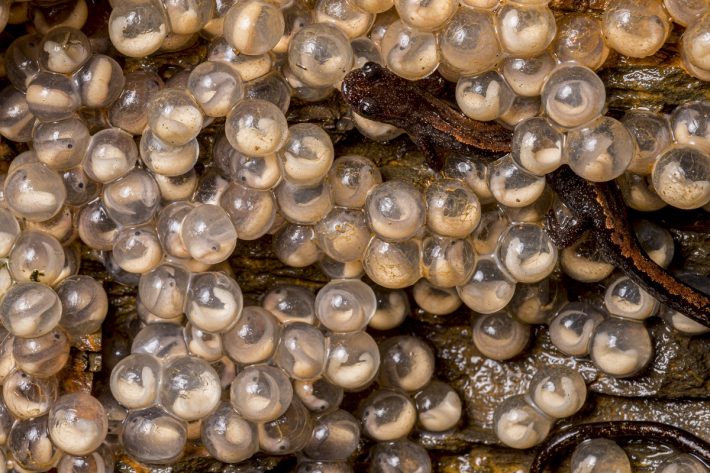
Submitting your photos
- Entries must be made online via the application form. Please follow the link below.
- Non-member entrants will need to submit their photographs using the form link below and will then be taken through to a secure payment link.
- Entries must include the names of the species shown and a description of what is happening.
- Images that are blurry, pixelated, or do not fit any of the categories will not be considered.
- No image can be used in 2 categories. We reserve the right to move your picture to a different category if it has not been submitted to the relevant category.
- Images must be saved in TIFF, JPEG or RAW file at the highest possible resolution between a minimum of 1MB and a maximum of 10MB.
- Digital enhancement must be declared. This can be included in the image description. Only limited digital enhancements that do not change the essence of the picture will be accepted (i.e. cleaning, minor colour and saturation work). Both original and edited images need to be submitted, indicating which is which.
- We do not accept AI generated pictures as an entry.
- By submitting an image to the competition you are confirming the image is your own and you have the rights to use this.
Competition Rules
- The competition is open to anyone aged 18 or over.
- You can win a maximum of two categories.
- The overall winner and runners-up will be selected from all submitted photos
- Winning entries will be announced in September and may be exhibited at our Annual Meeting in December. A selection of winning images will also be featured in our membership magazine, The Niche. Your images may be featured on several websites. Previous years have included the BBC, the Guardian and CNN.
- Although copyright remains with the photographer, by entering the competition applicants agree to give the BES and their competition partners the right to use their image(s) freely. Photo credits will be used where possible.
- Winners will be chosen by judges appointed by the BES, whose decisions are final. Unfortunately, we are unable to provide feedback to applicants.
- The BES does not accept responsibility for loss, damage or delay to entries, however caused.
Ethical Standards
- We expect all applicants to adhere to the following ethical standards.
- Animal welfare is priority and you should therefore never do anything to injure or distress any animal or destroy their habitat when taking a photograph.
- Applicants are responsible for complying with any national or international legislation governing the country in which the image has been taken and securing any relevant permits that are required (e.g. when working with protected species).
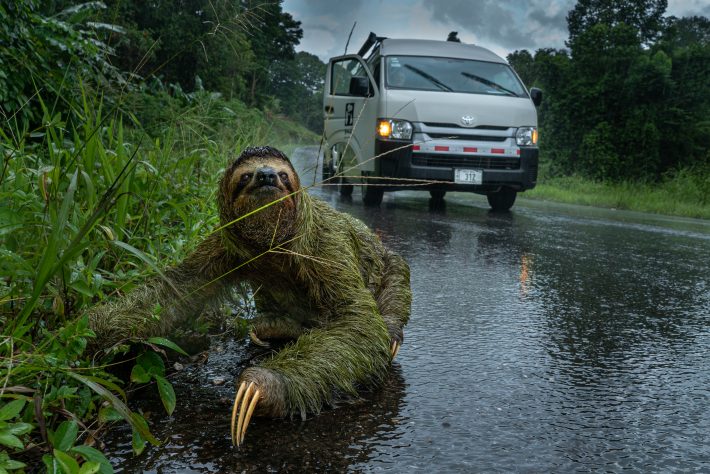
You seem to have JavaScript disabled, so this form may not work properly. Please enable JavaScript or try again later.
Like what we stand for?
Support our mission and help develop the next generation of ecologists by donating to the British Ecological Society.
